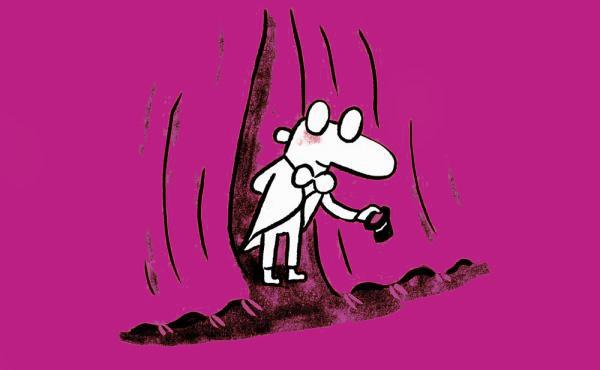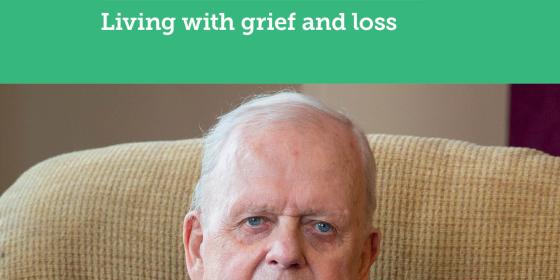
We’re lucky – we rarely die in this country. We’re far more likely to pass over, go to sleep or pass away, though we might slip away if we’re not careful. Some of us pop our clogs, others simply kick the bucket, while the really fortunate ones go to a better place – leafy Surrey, perhaps – or off to meet their Maker.
It seems a surprising number of us in the UK will say just about anything to avoid saying the d-word, so scared are we of being too blunt about it. A recent survey by Independent Age has revealed that up to half of those asked admitted to using expressions like these, even though more than half reckon it’s better to be open and honest about death, particularly with children.
Of course, tip-toeing around the topic is understandable. For most of us, the mere mention of death brings up a whole host of uncomfortable emotions. Perhaps this explains why there are more than a thousand ways to say it in the Thesaurus, giving us plenty of words to choose from to help soften the blow.
But could it be that – just sometimes – we’re drawn to the comfort of these intrinsically British expressions because we’re simply too awkward to discuss the issues that really matter?
Our research has found that families are generally resistant to discussing death, dying and bereavement with their elderly parents. This can make it especially difficult for those in throes of grief who need to talk about it and also for those approaching the end of their life who need to share their final wishes.
Perhaps some of us would benefit from being a little braver. Our guides and resources on bereavement, end of life planning and broaching difficult conversations can help. In the meantime, here are eight of the weirdest – and, arguably, least appropriate – ways to say ‘died’ and how they came to be…

Kicked the bucket
The Oxford English Dictionary thinks this popular phrase most likely originated from the grisly imagery of slaughtered pigs struggling on a beam called a ‘bucket’ while being suspended by their feet. Nice.
But there are other - equally unpalatable - theories. One is that it came from the days of death by hanging, where a bucket was kicked from under feet by the executioner. And yet another, rather more spooky, theory holds that corpses would extend their feet at the point of death and knock over a bucket of holy water placed at their feet as part of a Catholic ritual.
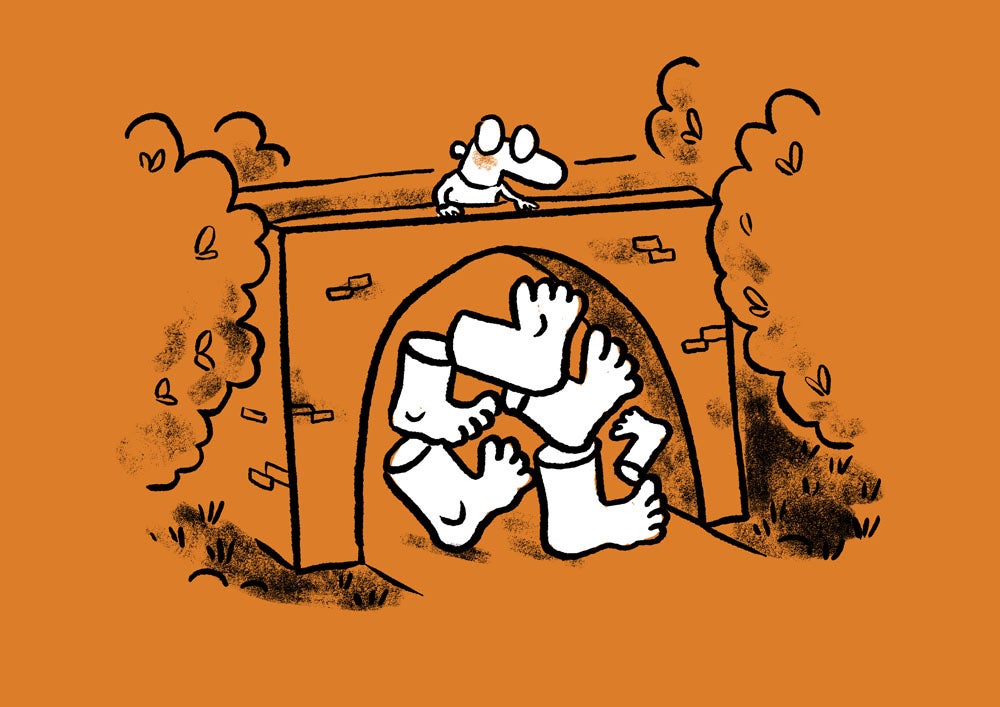
Six feet under
As straightforward and logical as the image it conjures up, this expression came to be during the Great Plague of London in 1665. Lord Mayor John Lawrence very sensibly instructed that all graves be dug a minimum distance below ground to prevent further infection. The term is still popular today, even though regulations have changed: the average grave is now just 3-4 feet deep.
Pegged it
This one is thought to have originated during the First World War. A common past-time for soldiers was to play cribbage, keeping score on a peg board. Depending on the strength of their hand, they might have had to ‘peg it’ or ‘peg out’ when no longer able to continue. The term naturally became popular on, as well as off, the battle field.
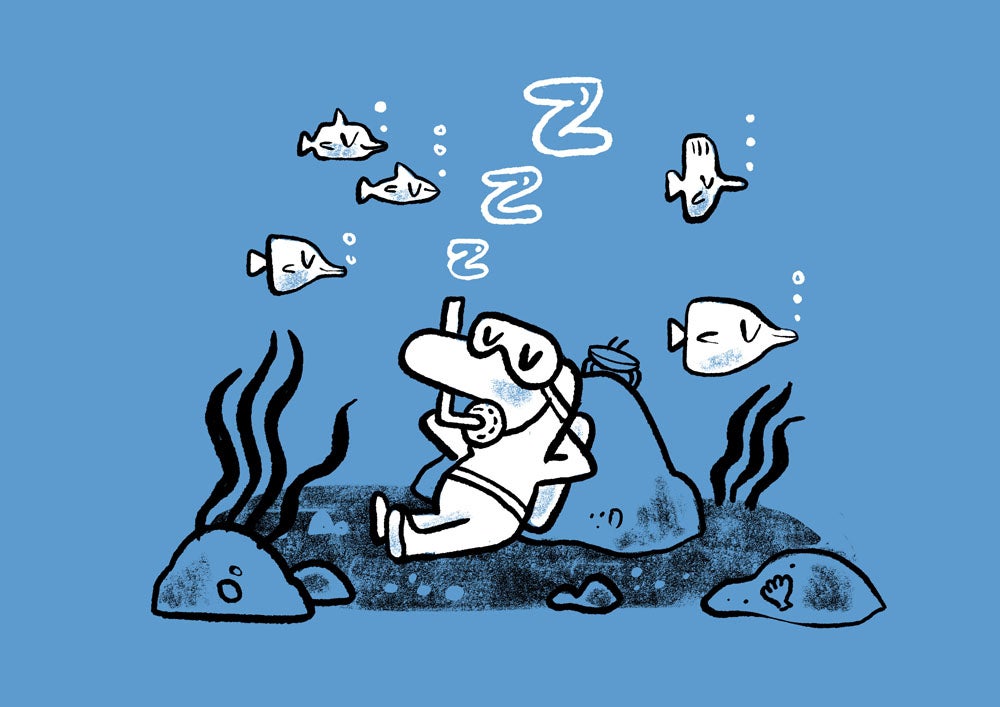
Sleeping with the fishes
If someone is ‘sleeping with the fishes’, you might be forgiven for thinking they’d met an untimely and sinister end, perhaps wearing cement shoes. Although the phrase was popularised by Francis Ford Coppola’s Godfather, one of the film’s unfortunate characters Luca Brasi wasn’t the first person to meet such a fate. The writings of English poet Edmund Spenser show it was around in the 16th century.
Bought the farm
This lesser-known expression might sound like a cider-brewing, tomato-growing dream to you and me, but actually stems from a far more tragic occurrence in history. Flying accidents by US Air Force trainees in rural areas during the Second World War would often involve the destruction of land or property. As the government would have to pay out compensation to the farm owners, the dead pilots were said to have effectively ‘bought the farm’.
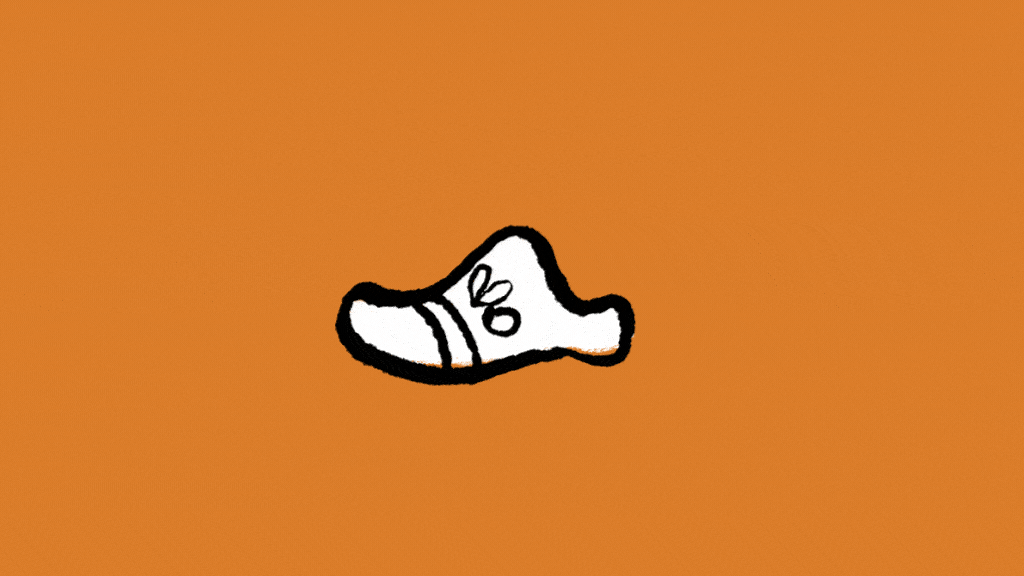
Pop your clogs
One would be forgiven for assuming that this particularly odd phrase originated in The Netherlands, but it’s actually thought to have come from the UK in 1970 or thereabouts. It’s not completely clear exactly how it came to be but the most likely theory is that 'pop' means 'pawn' and that Northern factory workers, who wore clogs, pawned them when they were about to die.

Pushing up daisies
A slightly more serene expression, ‘pushing up daisies’ was first recorded in about 1918 in one of Wilfred Owen’s poems about the First World War, and refers, of course, to the flowers which are most likely to grow over a grave.
Pining for the fjords
This one was made famous thanks to Monty Python’s Flying Circus. Mr Praline’s Norwegian Blue Parrot is not, it turns out, ‘pushing up daisies’, ‘meeting his maker’, ‘off his twig’, ‘kicking the bucket’, ‘shuffling off his mortal coil’ or ‘joining the bleedin’ choir invisible’ as John Cleese insists. Michael Palin’s pet-shop owner maintains that he’s simply ‘pining for the fjords’.
Cleese would later famously begin fellow Python Graham Chapman’s eulogy with some of the same phrases used to describe the dead bird.
Grief expert Julia Samuel explains how the language we use around death makes a difference.
Think you know your euphemisms? Test your knowledge with our interactive quiz.
Read more articles on this topic.
Order our free guides, Coping with bereavement, and Planning for the end of life.
